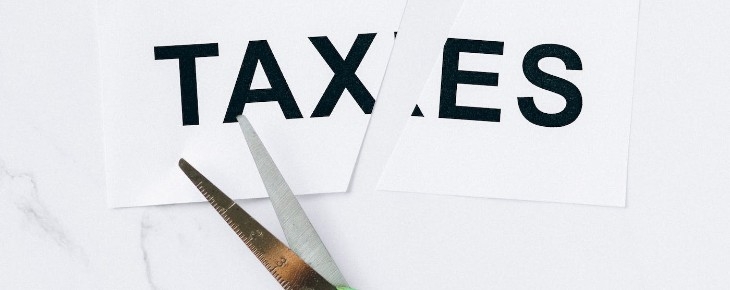
Australia's Prime Minister, Anthony Albanese, recently unveiled significant changes to the stage 3 tax cuts, marking a policy shift. The government plans to halve tax cuts for the highest earners, redirecting the funds to deliver a $804 tax cut across the board.
These revisions, motivated by changing economic circumstances, aim to benefit a broader spectrum of Australians. Notably, those earning less than $45,000, initially excluded, will now receive relief from July. Individuals earning between $50,000 and $130,000 are expected to experience the most substantial benefits.
Under the proposed changes, the bottom tax rate will be reduced from 19% to 16%, resulting in a $804 tax cut for all taxpayers. Simultaneously, higher earners will see adjustments, with a single 30% rate applicable between $45,000 and $135,000. The existing 37% rate, originally set for abolition, will be retained for incomes between $135,000 and $190,000, while the top rate of 45% remains for incomes above $190,000.
Poll results:
What are the new stage 3 tax cut brackets?
Here's how the proposed plan looks at a glance:
Earn up to $18,200 – pay no tax Pay a 16 per cent tax rate on each dollar earned between $18,201-$45,000 Pay a 30 per cent tax rate on each dollar earned between $45,001-$135,000 Pay a 37 per cent tax rate on each dollar earned between $135,001 — $190,000 Pay a 45 per cent tax rate on each dollar earned above $190,000
What were they going to be?
Here's what the previous plan looked like at a glance:
Earn up to $18,200 – pay no tax Pay a 19 per cent tax rate on each dollar earned between $18,201-$45,000 Pay a 30 per cent tax rate on each dollar earned between $45,001-$200,000 Pay a 45 per cent tax rate on each dollar earned above $200,000
Pending parliamentary approval, the revised plan not only ensures tax relief for all Australians but also reflects a shift towards favoring middle-income households. The changes are set to reinstate the 37% tax bracket, lower the bottom tax bracket rate, and adjust the top tax rate threshold to $190,000. Middle and high-middle-income households are expected to experience the most significant average gains at tax time, according to modeling by Assoc Prof Ben Phillips at the Australian National University.
